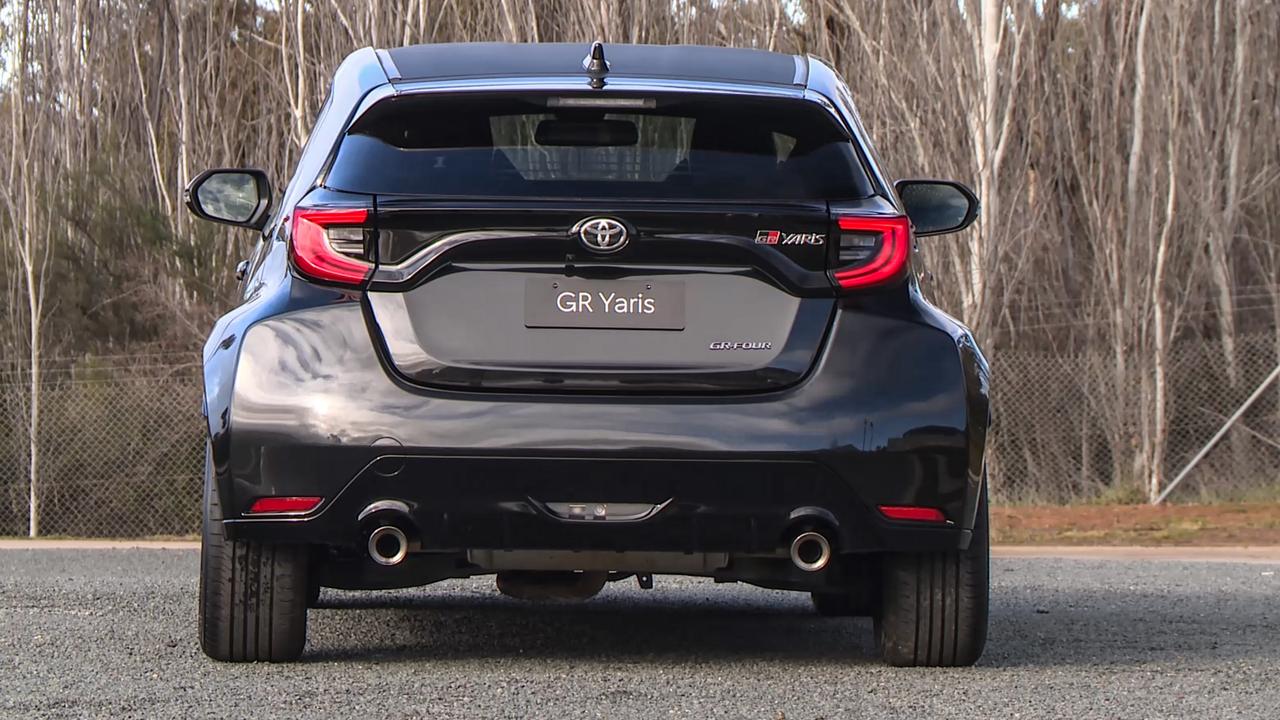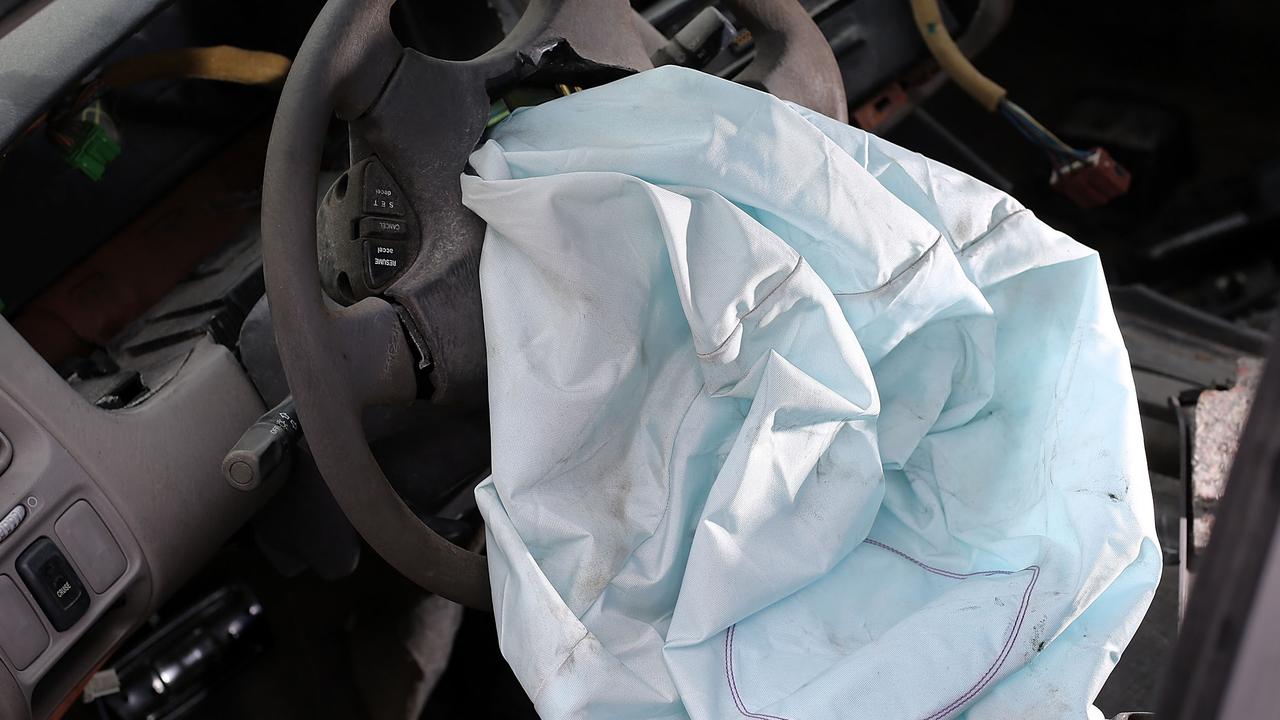Mercedes hits the brakes on self-driving cars
The world’s leading luxury brand has made a surprising decision on this emerging technology. It says there are more important priorities for the near future.

Motoring news
Don't miss out on the headlines from Motoring news. Followed categories will be added to My News.
Mercedes has delayed the introduction of self-driving cars to focus on electric vehicles and autonomous trucks.
Speaking with journalists in the wake of the cancelled Geneva motor show, Daimler chair and head of Mercedes cars, Ola Kallenius, said the German luxury giant shifted its approach to self-driving vehicles.

“With regard to full autonomy we switched the priority in terms of deployment of technology and moved trucks ahead of cars,” he says.
“Why do we do that? Because we believe that this is the area, in a hub to hub case, where we think that the business case is most attractive, first.
“We will focus on trucks first.”

Three questions surrounding autonomous cars include whether they are technically feasible, whether regulators will allow them on the road, and whether consumers will pay a premium for the technology.
In the latter case, Mercedes-Benz and its sister companies such as Freightliner trucks reckon enormous transport fleets such are more likely to invest in the tech.
“It doesn’t mean we are giving up the effort on passenger cars, we will continue investing in that,” Kallenius says.
“But we will deploy our resources in such a way where we can generate revenue at the earliest possible time.”

Autonomous trucks have the potential to revolutionise transport by letting drivers hand control to the vehicle on motorways, giving them a break from driving duties. That could eliminate mandatory rest periods for drivers, speeding up delivery times and reducing staff costs for long-haul services.
Kallenius says Mercedes will still work to refine the active safety tech crucial to make self-driving cars a reality, and that its robotaxi co-investment with BMW is robust.
Touted within the industry as a service likely to be available in the near future, the reality of self-driving cars has grown distant as manufacturers work to make the technology safe.
Following General Motors decision to shutter Holden and stop making right-hand-drive cars, Kallenius reiterated that Mercedes has no plans to leave Australia.

“The right hand drive markets are very important to us around the world,” he said.
“Australia has always been a strong Mercedes market.
“We feel that we have growth potential in the mid to long term in Australia.”
Mercedes has ramped up its investment in hybrid and electric cars.
Its boss would not comment on reports Mercedes is set to open a regional right-hand-drive production line for the new EQC electric car in Thailand.
On sale since late 2019, the car has had a slow start to life in Australia, with only three sold for the year to date.
Originally published as Mercedes hits the brakes on self-driving cars



